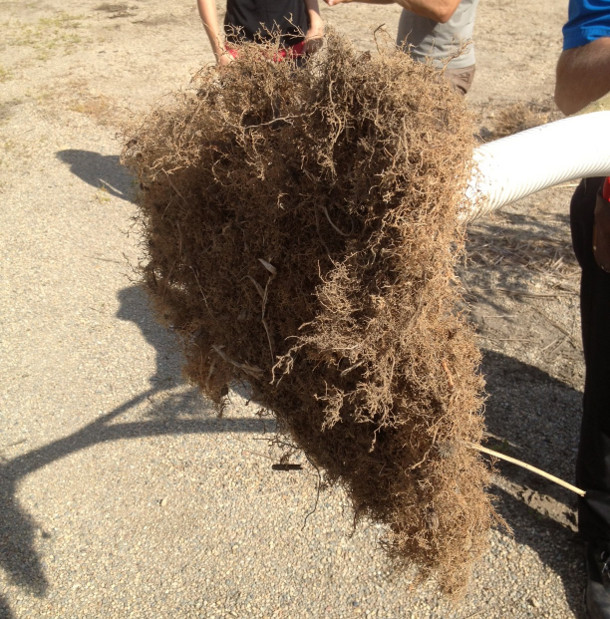
The fibrous root system of a bare root tree. Image: Peter MacDonagh
“Bare root” is the form that most trees take when nurseries begin the several year process of growing trees for retail. The young trees must be handled carefully, are typically only available at certain times of year, and some species are sensitive to transplant as bare root stock. This has made it a bit tricky to specify bare root material for installations, particularly due to ever-changing project construction timelines.[i]
The Missouri Gravel Bed is a temporary growth method for bare root tree stock, where trees are temporarily held in an irrigated bed of gravel for several months before planting. Since the trees are small and the system is only temporary, very little space is needed, and the trees can then be planted at any time during the season. The images below are from a recent tour of the gravel beds at the Jim Whiting Nursery in Rochester, Minnesota. Mr. Whiting can plant up to 2,000 bare root trees in a 66’x66’ (20m x 20m) irrigated pea gravel system.
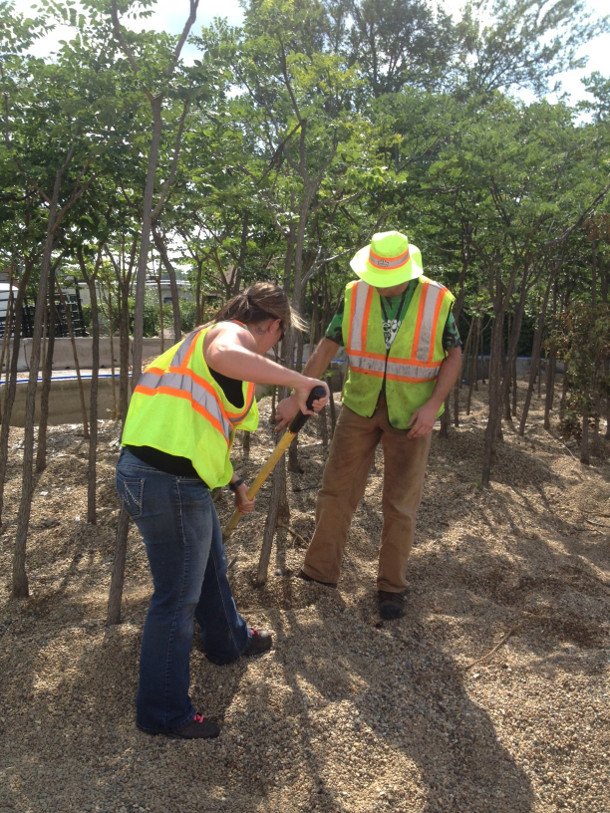
Digging in a gravel bed. Image: Peter MacDonagh
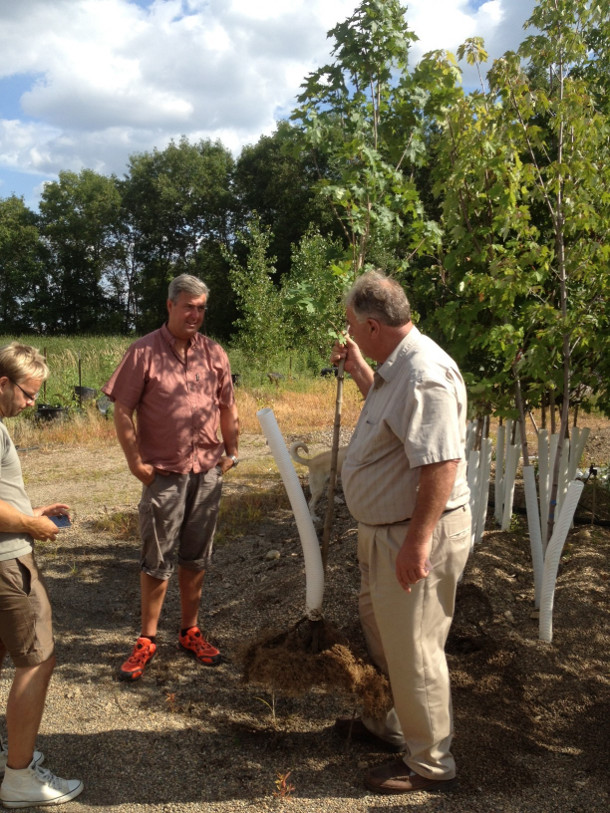
Image: Peter MacDonagh
Gravel bed systems for retail are becoming more widely used and have very high success rates. Growers are able to minimize costs and maximize “storage” space, and the trees benefit by growing an elaborate fibrous root system before they are planted. Communities can easily create their own gravel bed systems for growing trees inexpensively for planting throughout their city.
There has been substantial research about the difficulties with containerized and balled and burlapped (B&B) trees, problems with root structure and issues that come with trees being planted too deeply[ii]. There is also research that shows that smaller trees become established more quickly and ultimately result in larger trees in the landscape in a few years.[iii],[iv] The larger trees are slow to bounce back from transplant, so the larger trees grow very slowly for many years, but the smaller trees start growing at a normal rate after only a few years. I like the adage that the bigger the tree, the bigger the soil ball, the bigger the expense, and the bigger the risk of failure. [v]
As a designer and arborist, I am excited about the prospect of having as much control over tree selection and planting as possible. Bare root/Gravel bed stock costs significantly less, they are easy for me to inspect for defects prior to planting, and they cost less to ship to the construction site. If I can convince my client to not expect the immediate gratification idea of a big B&B tree, ultimately I think I have much better chances of a successful project.
Now, it’s just a matter of finding nurseries that can supply these younger trees for my next landscape installation. Do a search in your area (two in Minnesota are Bailey Nurseries and Jim Whiting Nursery) and take a tour of the gravel bed system. It’s pretty impressive.
For more information, here’s an interesting webinar by the University of Minnesota researchers Gary Johnson and Chad Giblin. It shows some of the gravel bed information, as well as dysfunctional root systems mentioned briefly in this post. Pretty neat stuff.
[i] Appleton, B.; Flott, J. (nd). Bare Root to Bare Root – Coming Full Circle
[ii] Ohio DNR Division of Forestry, “Planting Trees Too Deeply”
[iii] Creating the Urban Forest: The Bare Root Method, Urban Horticulture Institute, Department of Horticulture, Cornell University, Ithaca, New York, M. Buckstrup and N. Bassuk.
[iv] Watson, W. T. (2005) Influence of Tree Size on Transplant Establishment and Growth, HortTechnology, January-March 2005, pp. 118-122
[v] Green Horizons, Spring 2005, Vol. 9 No. 2, Missouri Agricultural Electronic Bulletin Board
Marcy Bean is a landscape architect and ISA-Certified arborist with The Kestrel Design Group.


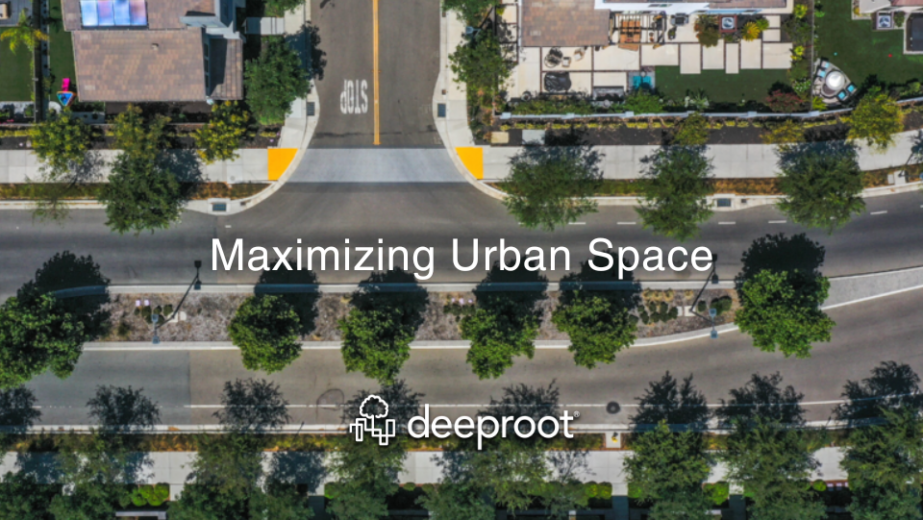
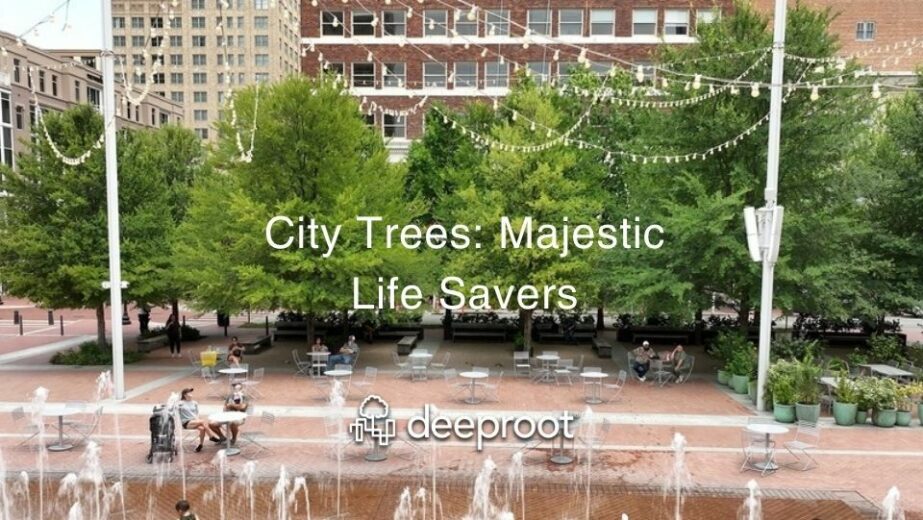
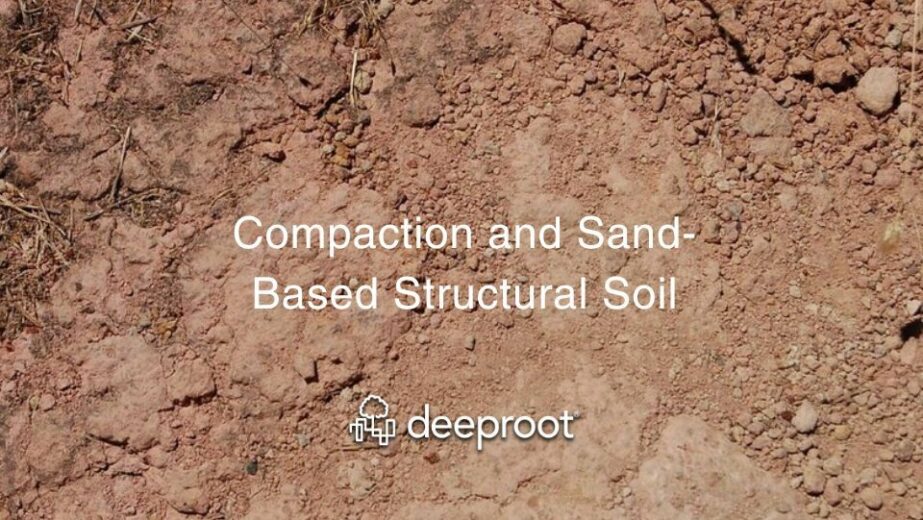

Leave Your Comment